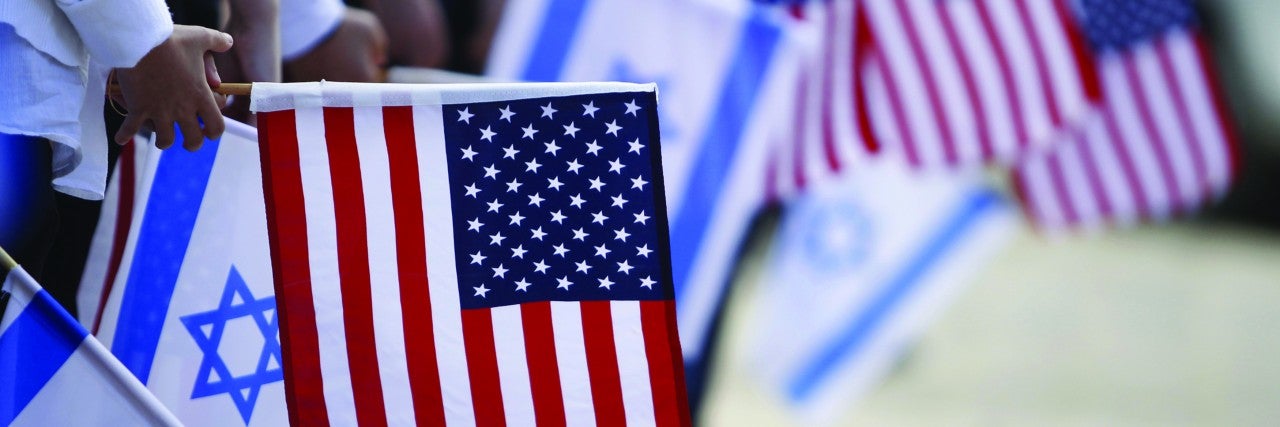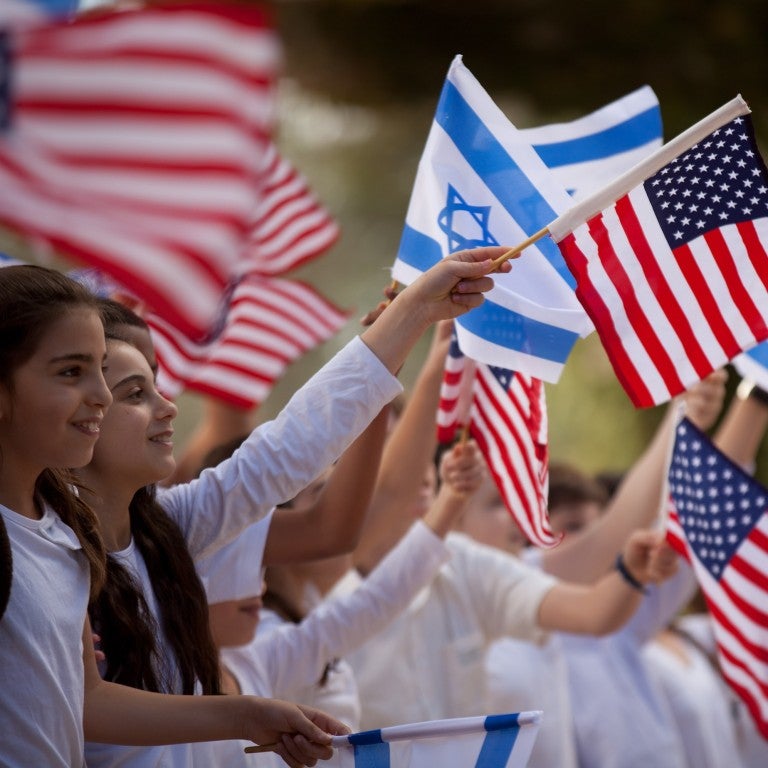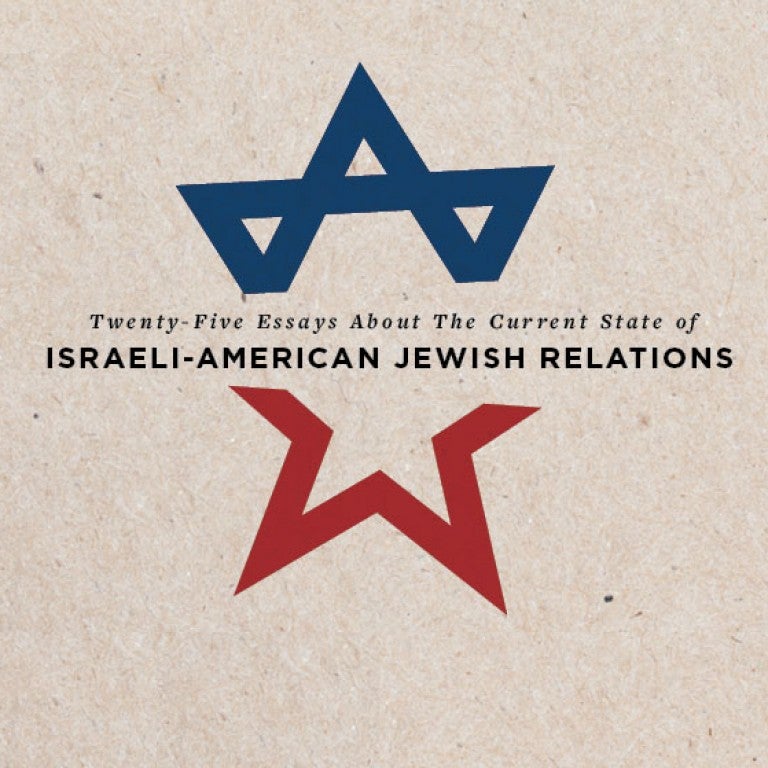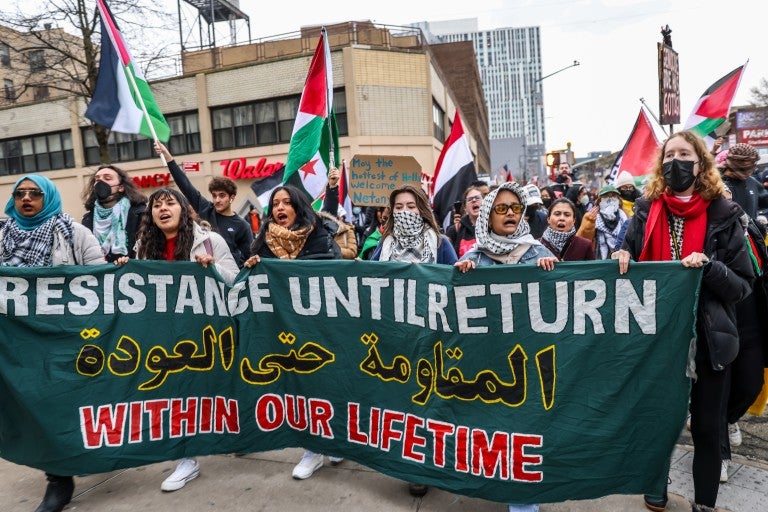June 3, 2018
By Yossi Klein Halevi
This essay originally appeared in the 2018 AJC publication Twenty-Five Essays about the Current State of Israeli-American Jewish Relations
The divide begins with geography: American Jews live in the safest and most welcoming country in Jewish history, while Israeli Jews live in the most dangerous and unwelcoming region on the planet. As a result, the two communities have developed opposite strategies of coping. Appropriately responding to its surroundings, American Jewry has become open and flexible, emphasizing social justice as a core Jewish value; while Israel, appropriate to its surroundings, has become the toughest kid on the block, emphasizing self-defense as a core Jewish value.
The consequence of these opposing coping strategies is an increasingly acute conflict: the aggressive strategy that helps keep Israel relatively safe in the Middle East undermines its moral credibility among many American Jews, weakening its most crucial international relationship.
There is little Israel can do to change that dynamic. Ever since the Yom Kippur War—Israel’s last conventional war—its military conflicts have all been fought against terrorists based in civilian areas, with inevitably ugly consequences. In the coming years or even months, Israel may well find itself in yet another brutal war against Iranian terror proxies in Lebanon and Gaza, and perhaps against Iran itself. Israel will not adjust its security policy to accommodate the moral concerns of American Jews. And so for some American Jews, Israel is increasingly a “problem,” a source of shame rather than pride – the contemporary version of the Ostjuden, Eastern European Jews who embarrassed the German Jewish elite with their supposedly crude behavior. Now, though, the divide isn’t over etiquette, but over issues of life and death.
Given the built-in tensions in the relationship, Israel should be doing all it can to minimize friction on issues that are not crucial for its security. That means taking seriously American Jewish sensitivities and commitments, from religious pluralism to the fate of African asylum-seekers. Heeding American Jewish moral anxieties would also help Israel be more responsive to its own self-declared values, which are under increasing attack from within its political culture.
For their part, liberal American Jews need to be more sensitive to Israel’s security dilemmas. That doesn’t mean suppressing criticism of Israeli politics. When Israeli governments expand settlements outside the so-called “blocs,” for example—the areas likely to become part of Israel if and when an agreement with the Palerstinains is reached—we need our friends to remind us of the political, diplomatic, and moral price we will pay for our reckless coalition politics. But criticism requires an awareness of the unbearable choices Israelis often face, especially in reagard to the Palestinian dilemma. We need partners in anguish, who struggle together with us over the security consequences of creating a Palestinian state, and the moral and demographic consequences of not creating one. Moralistic hectoring only further marginalizes American Jews in Israeli discourse.
But getting the fine points right in our relationship will become increasingly meaningless to American Jews and Israelis if we don’t find deeper reasons for maintaining our intimate, long-distance bond. Along with a shared commitment to Israel’s safety, the relationship desperately needs a cultural and spiritual infusion.
The two great contemporary centers of Jewish life have created vigorous forms of Judaism and Jewish culture. Israelis need exposure to American Jewish innovations—the spirit of owning Judaism rather than being owned by it. And American Jews need to be exposed to the deep Hebrew culture being created by Israelis – an exposure currently hampered by the ongoing scandal of Hebrew illiteracy among even many Jewishly committed American Jews. That silent crisis needs urgent addressing.
Finally, American Jews need to be paying closer attention to the positive changes in attitude toward the Diaspora occurring among Israelis. Notably, the old Zionist contempt for Jewish life outside of the land of Israel – shleilat hagolah, negation of the exile – has largely disappeared from Israeli discourse. It is hard to imagine a president of Israel today lecturing American Jews about their responsibility to move to Israel, as former president Ezer Weizman did only two decades ago. Likewise, it is increasingly rare to hear the pejorative word “yordim” (literally, those who descend), referring to those who leave Israel, who are now generally called “mehagrim,” emigrés.
American Jews also need to recognize the emergence of de facto forms of religious pluralism in Israeli Jewish life. Instead of relentlessly focusing on religious exclusivity at the top, the liberal denominations should be celebrating the stirrings of change at the grassroots. For example: Some municipalities now fund egalitarian synagogues (like Beit Tefilah Yisraeli at the Tel Aviv Port, officially endorsed by the Tel Aviv municipality). The Education Ministry has for years funded schools sponsored by the Conservative and Reform movements. And while the government deserves the withering criticism it has received for reneging on its own deal that would have given liberal denominations formal authority at the Western Wall, in fact an area of the Wall has been designated for egalitarian prayer. That should be embraced as an historic breakthrough and exploited accordingly. The absence of vigorous egalitarian prayer in that space is an example of how Diaspora Jews miss opportunities to “establish facts on the ground,” which is how real change happens in an often anarchic Israel.
In recent years, a Jewish–oriented spiritual Israeli culture has emerged, replacing the self-absorbed secular Zionist culture that was so blatantly uninterested in the Diaspora. Israeli music is the most potent expression of this revolution. Once the carrier of the ethos of the “new Hebrew man,” Israeli music today is often the carrier of the rejudaization of Israeli culture. Some of Israel’s leading rock musicians are creating contemporary versions of Jewish prayer. This creates openings for new spiritual relationships between Israelis and Diaspora Jews inconceivable a generation ago.
Exploiting the opportunities that already exist for transforming the relationship will require a new attitude on both sides. Israelis will need to begin taking American Jews seriously as Jews, as creators of new forms of Judaism that are worthy of our attention, and perhaps of adaptation to Israeli reality. And American Jews need to avoid substituting one form of simplistic relationship to Israel with its opposite: Where once Israel could do no wrong, now, for growing numbers of American Jews, it can seemingly do no right.
For the first time, American Jews and Israelis have a chance to develop a relationship between Jewish grown-ups. We need to recognize each other’s achievements, and understand, if not indulge, each other’s failures (which are often a consequence of geographic circumstance). And we need to learn to work as partners in those areas where we are truly equal – like our shared responsibility for the future of Judaism and the Jewish people.
Yossi Klein Halevi is a senior fellow of the Shalom Hartman Institute, where, together with Imam Abdullah Antepli, he codirects the Muslim Leadership Initiative. His most recent book is, Letters to My Palestinian Neighbor (HarperCollins, 2018).





